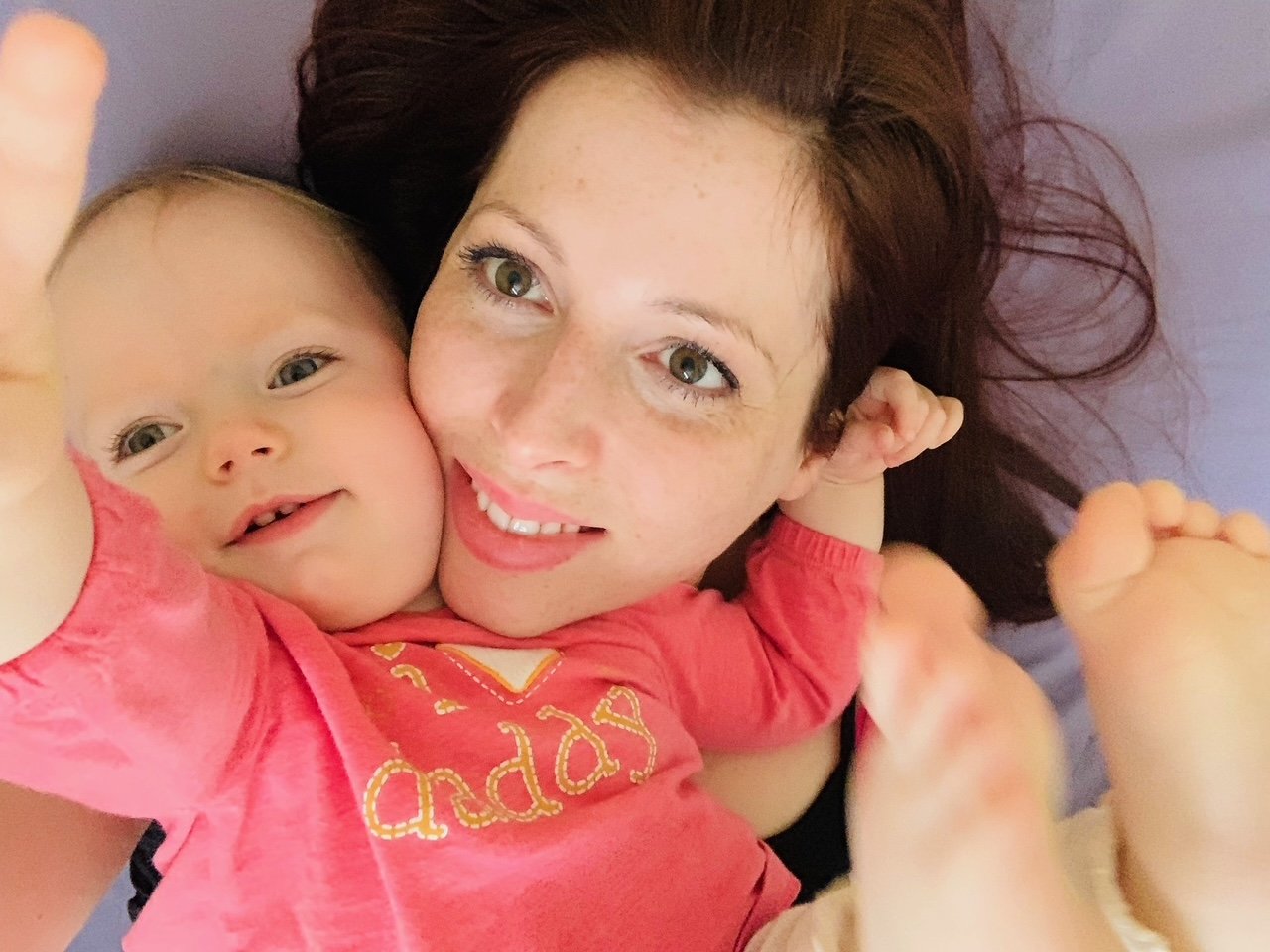Chapter 9: hope, by definition, is unreasonable
Saturday morning came with that eerie, oppressive quiet—the kind that only follows a seismic shift. The kind of silence that doesn’t soothe. It watches. It waits.
I was still in the hospital. Still in the new room. I barely remembered moving. Just a vague awareness that we weren’t in the same dark corner of the ward anymore. Maybe the nurses had carried us in the night, or maybe I’d sleepwalked there with Evelyn in my arms. Either way, the walls were unfamiliar. But the fear? That came with me.
It was Day 1 of the steroid pulse.
Five days. That’s how they said it. Like a military operation. Like a protocol.
But to me, it meant something else entirely: we weren’t going anywhere. We lived here now. Evelyn and I. Under fluorescent light and institutional air and 3 a.m. vitals checks that made her scream. Nothing was measured in hours anymore. Just by bloodwork, hallway pacing, and the slow drip of Dexamethasone into her tiny veins.
Her body didn’t know what to do with it. She couldn’t sleep. Couldn’t rest. Her eyes were glassy. Her limbs jittery. Her whole seven-month-old self was vibrating under the weight of a medication that might buy us time, but no answers.
So I walked.
Up and down the hallway at 4:30 a.m., whispering lullabies I didn’t know the endings to anymore. Bargaining with nurses for early coffee. Trying to stay upright, stay awake, stay calm while I counted the seconds between fussing and flailing and a moment of calm on my chest.
And sometimes—if the stars aligned—a kind nurse would bring me a yogurt cup or a string cheese from the fridge, like a small offering to keep me tethered to Earth.
At 7 a.m., my dad arrived. Just like he did every morning that week. Coffee in hand. Ready to sit with me in the silence. No pep talks. Just presence.
John followed soon after. He brought something different. Something lighter. He could still make me laugh—even there. Even with everything hanging by a thread. He never pushed the fear away, but he didn’t feed it either. Somehow, he stayed upright, when all I wanted to do was fall.
And inside the ward, the chaos continued: more bloodwork, an echo, a new order for cardiac imaging because now there was something strange happening with her heart.
The lesion was still there. Still in her brainstem. Still “evolving.” That was the word they loved. Evolving. As though this were some neutral process. As though cancer had a future.
Dr. McAuley dropped by that afternoon. He didn’t say much. He rarely did. He watched Evelyn, asked a few questions, and nodded. He knew. I think he always knew. But he also knew that you can’t speak devastation into a room before it’s ready to hear it.
And I wasn’t ready. Not yet.
By 9 p.m., Evelyn was asleep on my chest—fidgeting, frustrated, flushed. I didn’t cry that night. I couldn’t. I hadn’t in days.
Instead, I put on Adam Sandler: 100% Fresh.
It was absurd. Juvenile. Chaotic.
And I laughed.
Like, really laughed. At 1 a.m. In a hospital bed. Holding my child who might not live to see kindergarten. And somewhere between the ukulele songs and the jokes about dad-bods, something shifted in me.
Somewhere around 2 a.m., wide awake in the blue glow of the hospital monitor, I realized something:
I am allowed to be hopelessly, unapologetically optimistic.
That’s my job. I’m her mother.
If everyone else in this story gets to speak clinically, grimly, factually—then I get to be the one idiot who believes in miracles. The one person in the room who still thinks she’s going to make it. Not because the data supports it. Not because the MRI looks better. But because I choose to.
I don’t care if it’s delusional. I don’t care if it makes me look foolish in a room full of specialists.
She’s my baby.
I’m not the neurosurgeon, or the radiologist, or the one decoding spectroscopy scans.
I’m the mother.
And mothers don’t let go. Not really. Not all the way.
So that night, lying next to Evelyn while the machines beeped around us, I made a silent, defiant pact with myself:
She will live.
That’s it. No modifiers. No escape hatches.
She will live.
And if I was going to ask the universe to meet me halfway, then I had to act like I believed it.
So I opened my banking app.
And I turned her RESP contributions back on.
Because I didn’t want to be caught flat-footed when she asked me how much was in there.
And that’s when I became the person in the story who believed. Not because it made sense. But because it didn’t.
Because hope, by definition, is unreasonable.
And thank God for that.
